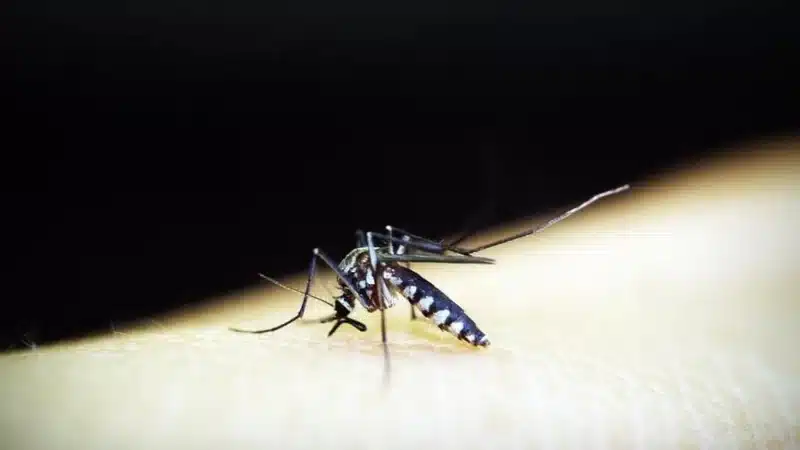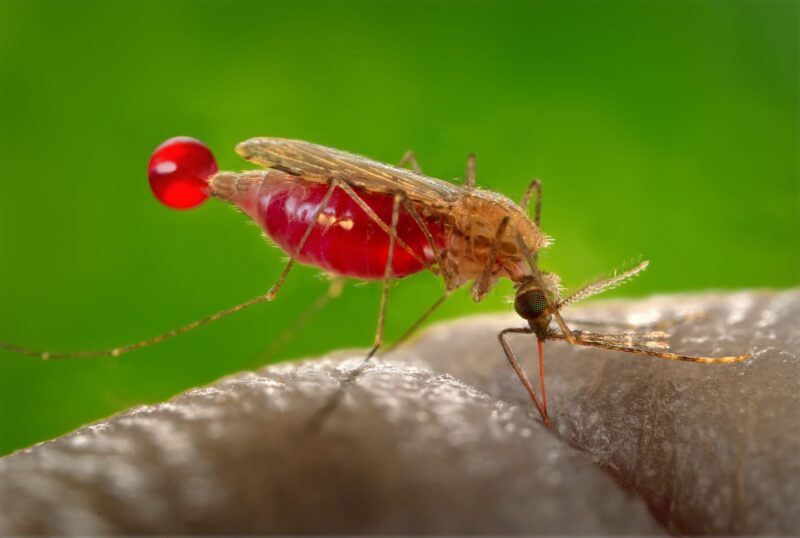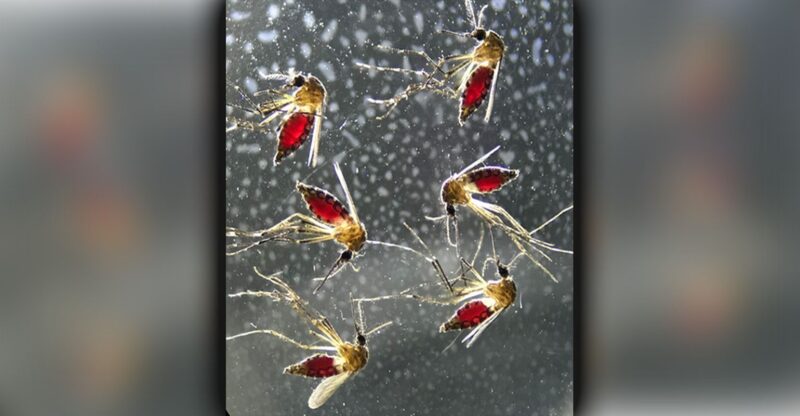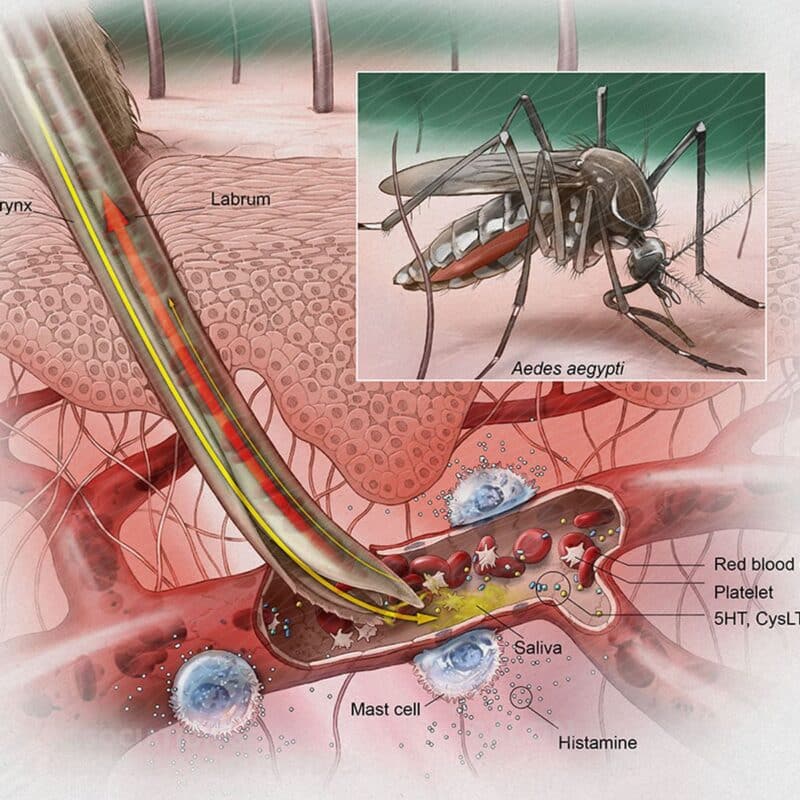Mosquito saliva is the means to deliver dengue viruses. It contains a specific substance that defeats your immune system. Studies show that this makes you more vulnerable to getting the infection. Latin America, Southeast Asia, and Africa have been hotspots of dengue for years. Scientists believe that their new research about mosquito saliva can explain why this mosquito-borne disease is very easy to transmit. The new research can also help in finding more ways to prevent infection.

Knowing More About Dengue
Studies show that millions of people are infected by dengue each year. Symptoms include skin rashes, nausea, and fever. This disease is often mistaken for other diseases. About one in 20 patients will develop internal bleeding, shock, and even death. Although you have contracted dengue before, you can still have it again. There is no treatment for dengue. Only symptoms get relief.

Mosquito Saliva
Researcher say that the saliva contains the dengue virus and components that can stop the body’s immune system from responding to the infection. These molecules are known as sfRNAs. Once these molecules enter the body, the host’s risk of getting infected increases.
The mosquito saliva gets the body ready for dengue infection. This provides the virus the advantage of winning against the body’s immunity. Scientists think that mosquito saliva has a payload that makes infection more efficient. The virus takes over these molecules so that it can enhance its ability to infect.
The Possibilities
The presence of these molecules allows the experts to find a powerful weapon against the transmission and infection of dengue. Until then, they ask everyone to prevent getting bitten. Scientists say that understanding the transmission’s biology may later on lead to measures that can block the transmission of the dengue virus.

The immune-weakening substances in mosquito saliva is also found in mosquitoes that transmit diseases like yellow fever, Zika, and West Nile virus. Scientists say that this may not apply to malaria, but in all viral infections in general.
The Components of Mosquito Saliva
The quick and easy transmission of dengue has always been an advantage for the virus. Scientists say that the virus is easy to transmit because it is clever. They say that they might harness this cleverness to create effective blocking measures against the transmission of mosquito-borne diseases.
The virus, vector, and host come together at the mosquito bite site. This is where the insect’s saliva interacts with the body’s immune cells. The bioactive elements of hematophagous mosquito saliva can modulate the hemostasis of the host. They also adjust the inflammation and immunity of the host as the mosquito feeds. That is why research over the years has been linked to the following:
- Mortality
- Virus transmission
- Viremia levels
- Disease progression
- Host susceptibility
Scientists also found that microRNAs that mosquitoes express during infection could play a vital role in setting infection in the host during feeding.

Dengue virus in mosquito saliva is not the only one that threatens your health when mosquitoes bite you. Components in the saliva can weaken your immune system and make you more vulnerable to infection. This makes you more likely to get dengue. This discovery is a good big step in determining how to stop the transmission of this virus.